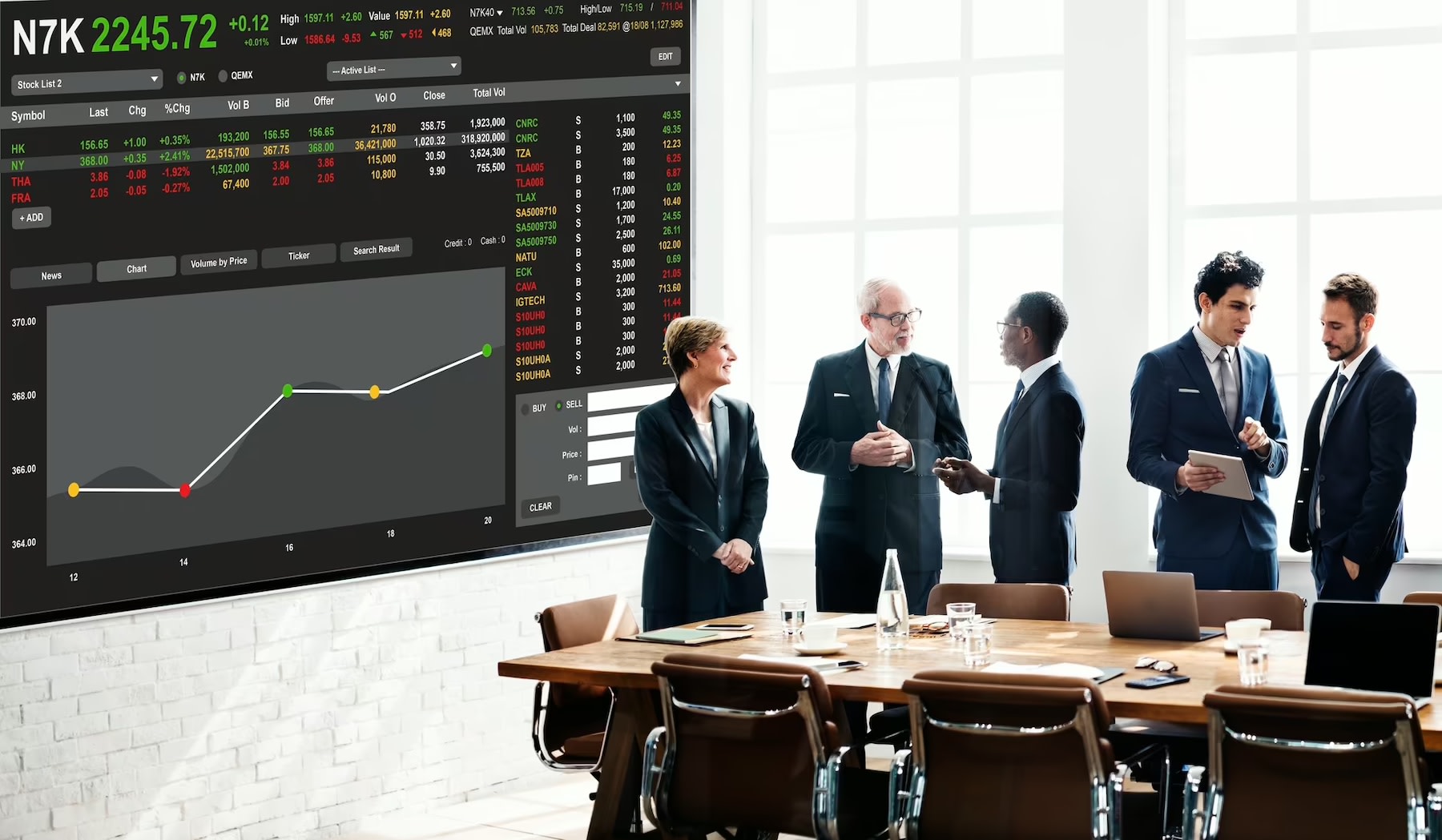The Uncomfortable Truth About Shareholder Interests
Microsoft Corporation

Pragmatically speaking, the ESG movement in its current state hinges on shareholder belief in ESG. The more people who believe in it, the more the movement is legitimised. Backed by investors, newer avenues of investment, based on emerging criteria, are becoming more standardised. This is a good thing, but it’s all the more reason to be mindful of the various problems the movement can face.
This applies not only to the current political backlash, but also to companies greenwashing and ensuring that everything is done by the book.
This is why something like shareholder interest can be, well, interesting. It’s an element that hasn’t been considered yet, but it makes a big difference. You have a company that is willing to take a big step toward being sustainable and responsible for the world. However, behind closed doors, it feels like other elements may get in the way of the company succeeding in that journey.
We see this in full force at Microsoft, where they focus on reducing waste, carbon emissions, water waste, and preserving ecosystems. The same can be said about Campbell’s, which is committed to reducing environmental impacts, food scarcity, and sustainable agriculture. However, behind closed doors in shareholder meetings, these two companies have agreed to not allow employees to pay into a 401(k) that is adopting ESG values.
Why? We can think of a couple of reasons.
Elitism At Its Finest
Large businesses have always divided employees, customers, and shareholders, and each group is treated very differently. If companies are devoted to helping the planet and treating workers properly, wouldn't you think everyone would be on the same playing field?
This isn’t the case, as shareholder interests still reign supreme. As investors benefit from ESG reports and investing opportunities, employees can’t enjoy those benefits. This is made clear by the fact that many have no clue that they are profiting from fossil fuels, deforestation, gender inequality, and racial injustice.
But the problem now is that the status quo isn’t changing. As the decision was made clear early in February, employees can’t enjoy the same benefits that shareholders have. And it’s not like they don’t understand what ESG is either. According to a 2021 U.S. Retirement Survey from Schroders:
37% of 401(k) and 403(b) plan participants stated their company offered an ESG-related investment option.
Nine out 10 employees picked the ESG-focused option when given the choice.
69% said they would contribute more to these plans if they were given an ESG option.
There is a lot of enthusiasm for this, especially in the US, where there is also a lot of pushback from politicians and elected officials around it. Rather, the problem comes from an old-fashioned way of thinking. Shareholders still believe employees are what fuel the business, so they shouldn’t have a say.
There’s Still A Massive Learning Curve
From a company perspective, it’s easier to weave ESG into company goals than it is to weave it into an existing investment strategy. Unless this investment strategy was started from scratch, large and established companies are going to have a difficult time. They have several big challenges, like educating employees and management and hiring a fund manager that they can trust with this shift in investment strategy.
Hiring a fund manager is easier said than done as this manager would need to change their investment strategies if they were never ESG-focused, as well as navigate through ESG-focused investments.
It’s for this reason that shareholder interest is being relied on. Shareholders invest in companies all the time. They’re financially literate. It is assumed, however, that employees are not financial experts and cannot make sound financial decisions.
Takeaway
Moving away from this narrative is very challenging to do, though. As mentioned above, employees are eager, understand what ESG is, and want to be part of it. What they are ignorant of is where the money is going right now. There would be opportunities for shareholders and employees to reap investment benefits if companies truly valued ESG, treating it not as an addition, but rather as containing principles for the core operating approach of the company.
Follow more news on Sustainable Finance, or keep up on our views with Featured Articles.






